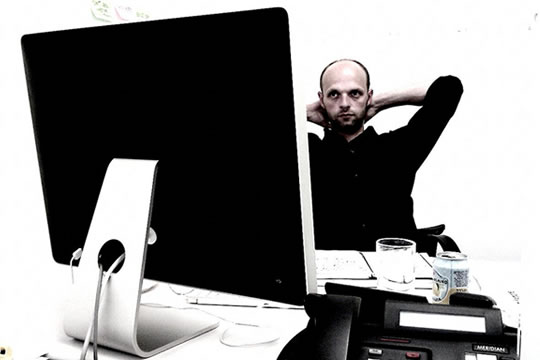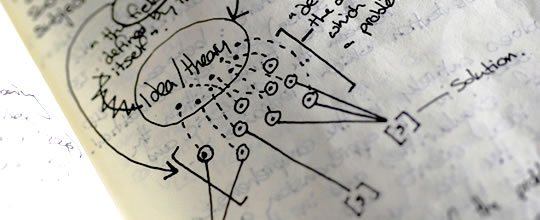Americans Think Cloud Computing Comes From Actual Clouds
A recent survey of 1,000 Americans was conducted by Wakefield Research for Citrix. The results suggest that Americans like to think they’re on top of the latest innovations in cloud computing, but in reality know little about it. Unfortunately, even more people think that the cloud is tied to the weather in some way.
Read some of the [highly embarrassing] statistics here.




